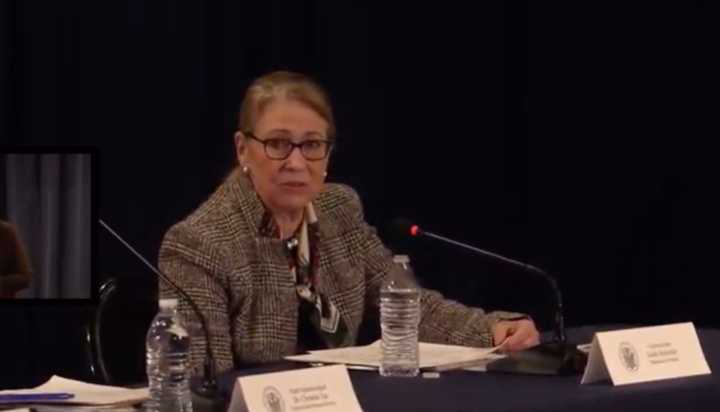We can help stop that -- but hand-washing alone won't be enough.
According to NJ Health Commissioner Judy Persichilli, social distancing, respiratory etiquette and hand hygiene all play important factors.
"Over the past few days, New Jersey has seen a significant increase in cases concentrated in the northeastern part of the state," Persichilli said at a Tuesday press briefing Tuesday.
While some of the 267 cases in New Jersey have been linked to previously-confirmed cases, others are not linked to any. That indicates that community spreading is occurring in New Jersey, Persichilli said.
"People in communities where ongoing spread of the virus has been reported are at an elevated level -- but the overall risk still remains low."
That is, if you heed to Gov. Phil Murphy's advice and stay home as much as possible.
"The potential public health threat posed by COVID-19 is high globally, in the U.S. and now in New Jersey," Persichilli said. "Individual risk is dependent on exposure."
As New Jersey begins to see more community spread, more and more people are at an increased risk of infection.
Fifty-five percent of known cases in New Jersey require hospitalization -- and that number is expected to change as more cases are accounted for, according to Persichilli.
COVID-19 can cause severe illness and hospitalization particularly in older adults, and those with underlying conditions such as heart disease, lung disease or diabetes, Persichilli said.
Those who are most at risk are:
- Healthcare workers caring for COVID-19 patients
- Those who've been in close contact with confirmed COVID-19 patients
- Travelers returning from areas where community spreading is occurring
Most people are considered low risk, and in an effort to keep it that way, New Jersey officials are pushing for social distancing.
The idea is to stop the spread and keep people out of hospitals, which are already becoming overrun.
Click here for more from Persichilli (47:35)
Click here to follow Daily Voice Northern Highlands and receive free news updates.
